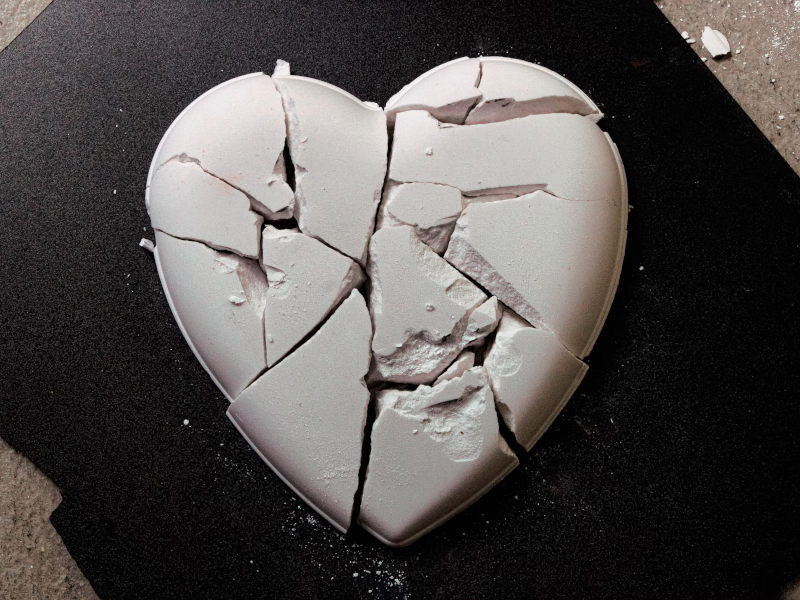Nooks and the widening crannies in Scotland’s care system
Despite recent positive news in the form of new community care hubs, the Scottish Government still practices disintegration rather than integration of health and care services.
Image caption and © information
The announcement yesterday from the Scottish Association of Mental Health that it is planning to set up a network of walk-in mental health hubs, called nooks is welcome. Common Weal’s blueprint for a National Care Service, which we set out in Caring for All, was based on a network of community hubs open and accessible to all, like the best GP surgeries, with a range of services provided by the public and voluntary sector. SAMH’s nooks initiative fits that model well and should be a positive step in the right direction.
In 2021 John Swinney, then deputy First Minister and Cabinet Secretary with special responsibility for covid recovery, published the Covid Recovery Strategy. This promised to address the systemic inequalities made worse by Covid, make progress towards a wellbeing economy and accelerate inclusive person-centred public services.
The National Care Service Bill should have been the key means of delivering that but has now collapsed while the care crisis has deepened. Hence why in explaining the Nooks initiative SAMH state “We have waited long enough for government and other bodies to solve this problem. It’s time to take action, it’s time to create change, and that’s what the Nook is all about.” The scandal is SAMH are having to try and raise £10m from the public to provide this service when it should be funded by the Scottish Government.
As part of the Covid Recovery Strategy the Scottish Government did, however, set up two Communities Mental Health and Wellbeing Funds, one for children and another for adults. Two weeks ago Maree Todd, Minister for Social Care, Well-being and Sport, announced the Scottish Government would be providing another £30m through the adult fund for community projects over the next two years.
Unfortunately, the fund epitomises everything that is wrong with the Scottish Government’s centralised approach to care. It is not that providing grants to community organisations is in itself bad, quite the contrary, but this should have been done through local authorities instead of being used as a means of extending government patronage. It also wastes money that could have been spent on the frontline, in this case community projects.
An evaluation of the fund (see here) failed to provide a breakdown on how much had been spent on administration. However, the requirement for each Third Sector Interface to produce partnership plans to prioritise the award of what are mostly small grants, build capacity, create administrative systems and raise awareness among their staff of mental health issues before briefing community organisations about the eligibility criteria and participating in assessment panels tells a story.
In 2021/22 the fund disbursed £21 million to 1842 local projects and the majority of grants were for just £2,000, far too small to be worth trying to evaluate. This raises the question of whether the element of the fund being spent to sustain this new voluntary sector bureaucracy, described as “capacity building”, might not be better spent enabling SAMH to deliver its new frontline service?
About a week before Maree Todd made her announcement, Audit Scotland published its latest report on Integrated Joint Boards, the bodies that run community health and care services, under the heading “Reform urgently needed to tackle precarious health and social care finances”. The stark reality is that instead of care services recovering from Covid, IJBs are being tasked with cutting another £457m from services in 2024/25 following c£357m of cuts this year. Instead of a National Care Service based on need and free at the point of delivery, like the NHS, Scotland will soon be facing a situation where the only people who will receive care services are those able to pay for them.
Audit Scotland’s primary role is to force public authorities to live within their budgets and its report basically offers no solutions to this crisis beyond the need to cut services but it did say “A stronger focus on prevention is needed” by IJBs. That is the sort of preventive services that SAMH now wishes to offer through its nooks. The Audit Scotland report doesn’t explain how it expects IJBs, which are responsible for commissioning and planning services, to shift the focus to prevention (by doing things like setting up community hubs) when Scottish Ministers are diverting what little preventive funding is available to other organisations.
What is striking is the inability of both Audit Scotland and the Scottish Government to take a joined-up approach to care services. While continuing to preach integration of health and care services, they practise disintegration.


